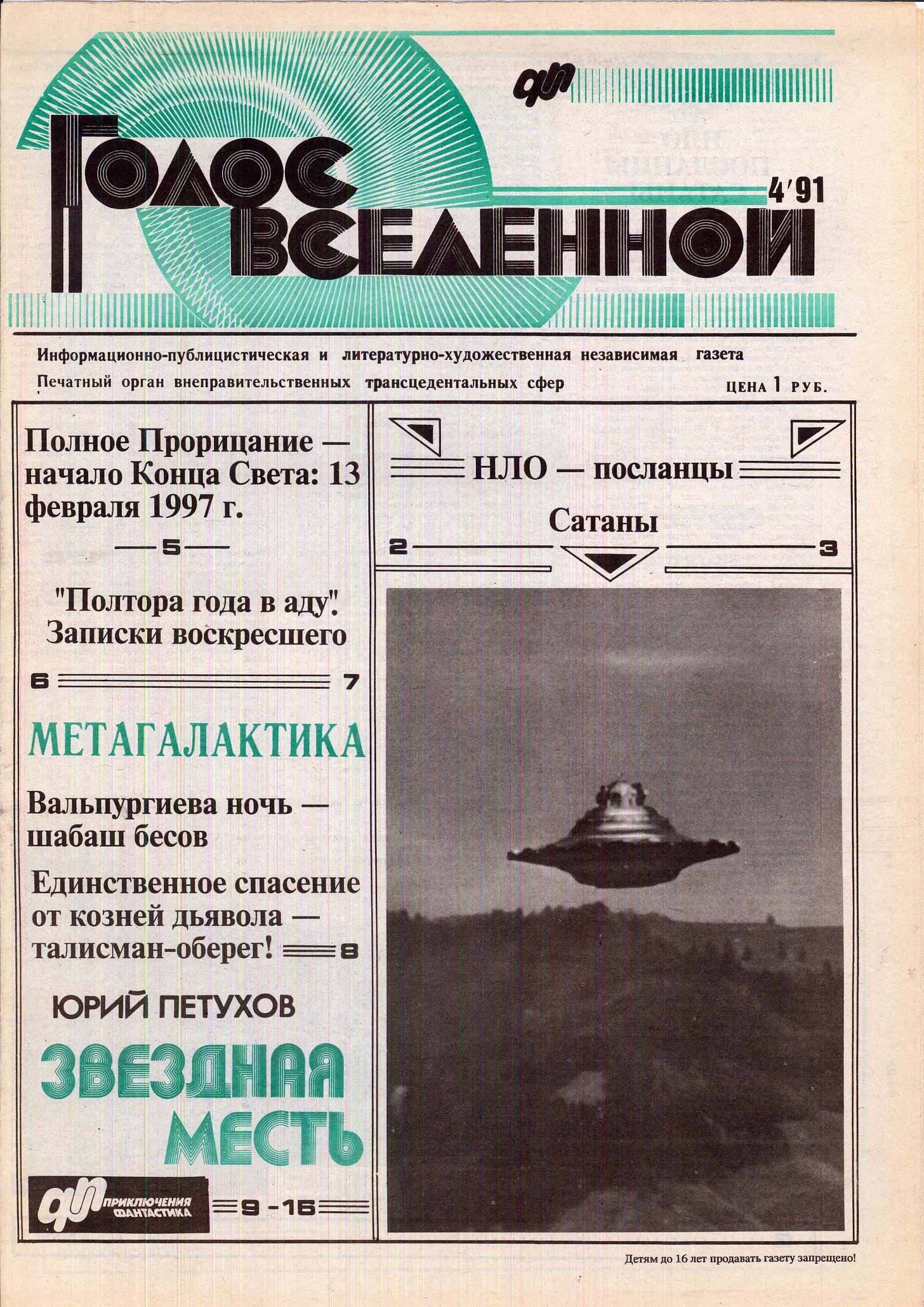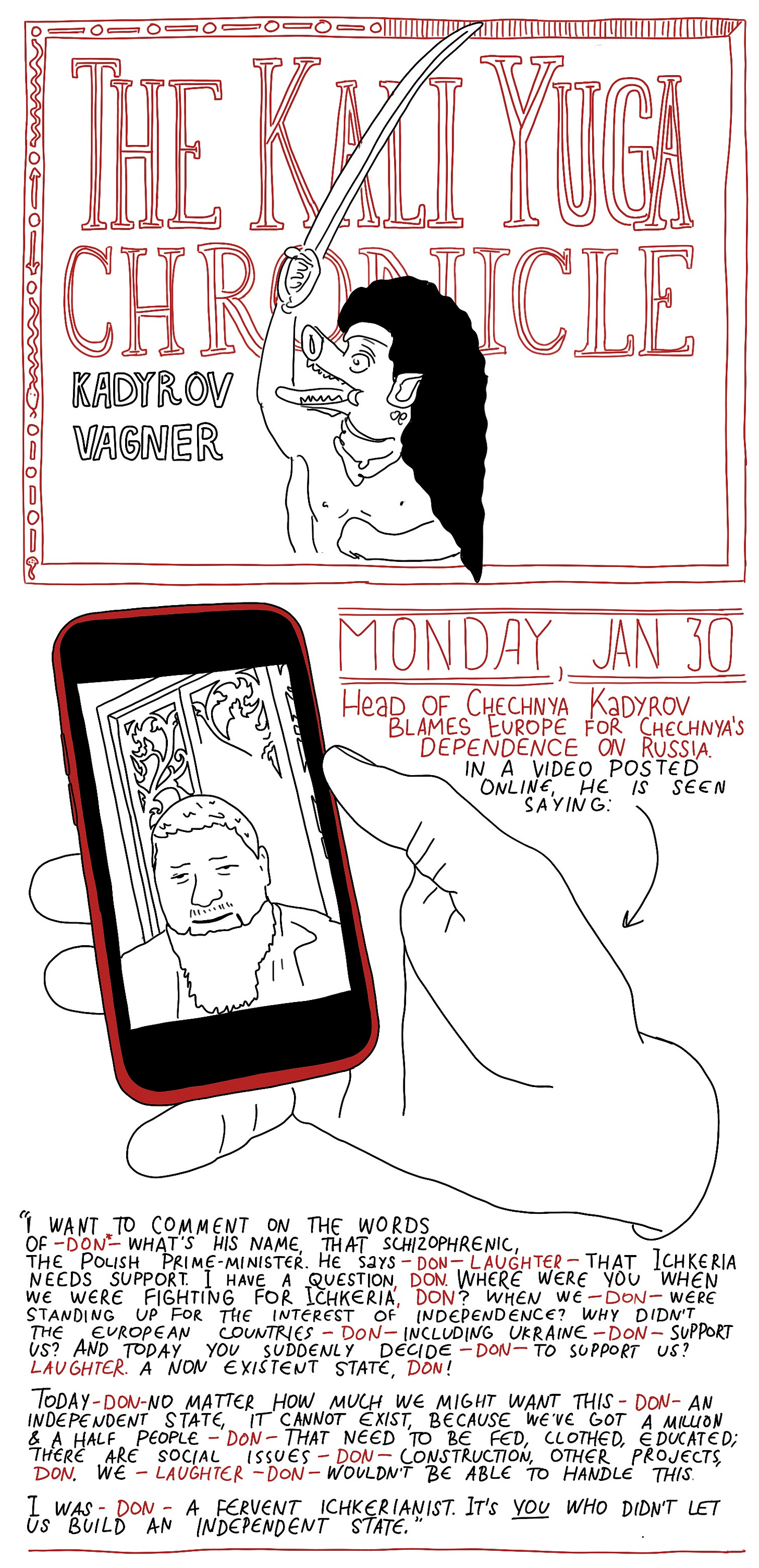It must have been a decade since I bought two issues of the same newspaper or magazine in a row — there’s nothing on the news stand that grabs my attention. But I really wish this was different. I’ve always liked the medium.

I love how it gives the reader a mosaic view of the world, in which news stories, analytical pieces, art, fiction, interviews, advertisement — whatever makes up the world for the staff — are all put on the same level. The reader is not expected to go through this week’s edition in a sequential manner: the back, the front, and the middle pages occupy similar spaces in the informational hierarchy. The relationship to the content is tactile. By flipping through the pages, folding them this way and that, the reader can spend her entire morning coffee, or the day’s first cigarette, reading the paper as a whole before deciding which of the longer pieces to delve into. She may even share the paper with a friend by handing him half of the pages, chosen at random. That’s what I used to do as a university student, killing time between classes with friends in my school’s canteen.

One of the most inspiring (as well as disturbing) newspapers I’ve ever come across was Voice of the Universe, which was popular in Russia shortly before and immediately after the collapse of the Soviet Union. It mixed real-world politics with sci-fi, conspiracy theories, deadpan humor, neofascist proclamations, apocalyptic visions, and snake oil salesmanship. When I shared some translations from its inaugural issue last summer, I described it as “pulp fiction meets Scientology meets QAnon in post-Soviet Russia.”

Art was another important element of this cocktail. In this post, I am sharing some creepy sci-fi erotica from the early issues, by the artist Roman Afonin, and the author’s self-portrait, in which he gives off strong serial killer vibes. These drawings would be at home in a cheap out-of-print sci-fi book or a smutty underground comic, but, in Voice of the Universe, they were elevated to the level of mystical visions and even, somehow, journalism.
I also translated the text that surrounds the images to give you a sense of the context — to me, it’s the context that makes them special.

I invite you to share links to your the zines and newspapers that stuck in your mind either here in the comments or via email. You can find me at nikita.s.petrov@gmail.com.

Keep reading with a 7-day free trial
Subscribe to Psychopolitica to keep reading this post and get 7 days of free access to the full post archives.






